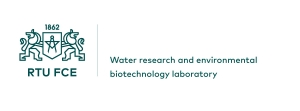Stakeholders’ Meeting on Challenges in the Water Technology Sector in Europe and Latvia
On October 23 representatives of the Ministry of Education and Science of Latvia in cooperation with members of Riga Technical University Water research and biotehnology laboratory held iWatermap stakeholders’ meeting on challenges in the water technology sector in Europe and Latvia. The meeting was a part of a series of events aimed at increasing the capacity of the Latvian water technology sector by strengthening cooperation and formulating a position on solutions to current issues.
- Meeting on Challenges in the Water Technology Sector – Done
- Ideation session on the possible solutions on the challenges – Upcoming
- Concept development workshop – Upcoming
More than 50 representatives of various private, state and municipal companies, state institutions and scientific research organizations met to discuss issues and visions regarding specifically wastewater and sewage sludge treatment and future perspective in Latvia and Europe.
In the first part of the event, foreign experts such as Pieter de Jong (Wetsus, European Center of Excellence for Sustainable Water Technology), Aoife Kyne (Irish Water) and Andrea Roskosch (German Federal Environment Agency) gave a presentation on the coming funding possibilities, and the local strategies for sewage sludge utilization (screenshots from presentation title slides in Figure 1-3). The presentations of foreign experts ended with a Q&A session, in which topics of interest to industry and science were identified concerning financing, public information and technological possibilities of sewage sludge treatment.
Figure 1 Title slide of Pieter de Jong presentation:
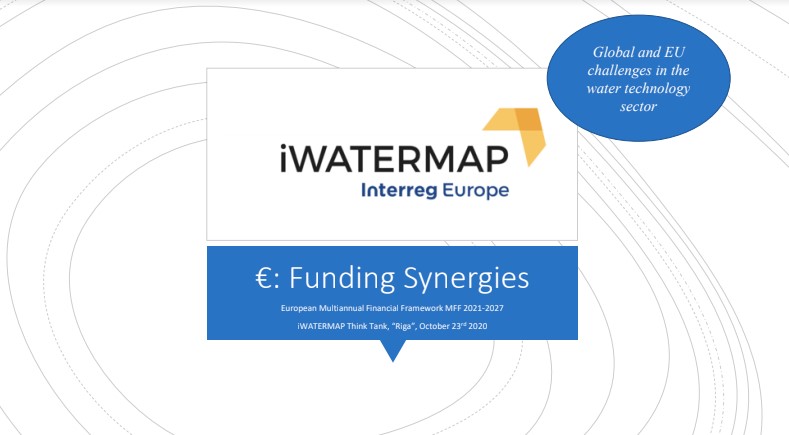
Figure 2 Title slide of Aoife Kyne presentation:
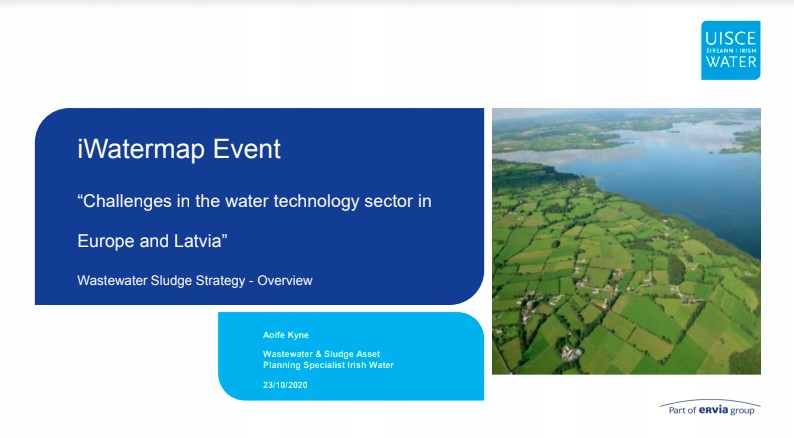
Figure 3 Title slide of Andrea Roskosch presentation:
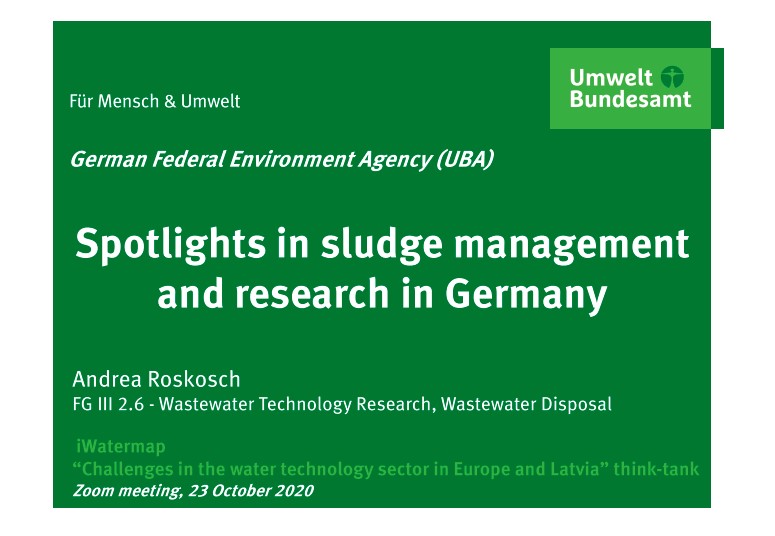
The second part of the event was devoted to the hands-on workshop to map out the perspective timeline for sector development. It began with presentations (Figure 4) by Sandis Dejus (Latvian water and wastewater work association) on the review of the situation in Latvia regarding the management of sewage sludge in Latvia and the processes that characterize a circular approach to the wastewater sludge treatment according to the processes shown in Figure 5. These presentations were followed by work in two parallel working groups, which discussed the challenges of sludge application from two different perspectives. One group represented the stakeholders from agriculture and forestry sector, and the second – stakeholders dealing with the sludge application in an urban environment.
Figure 4 Title slide of Sandis Dejus presentation:
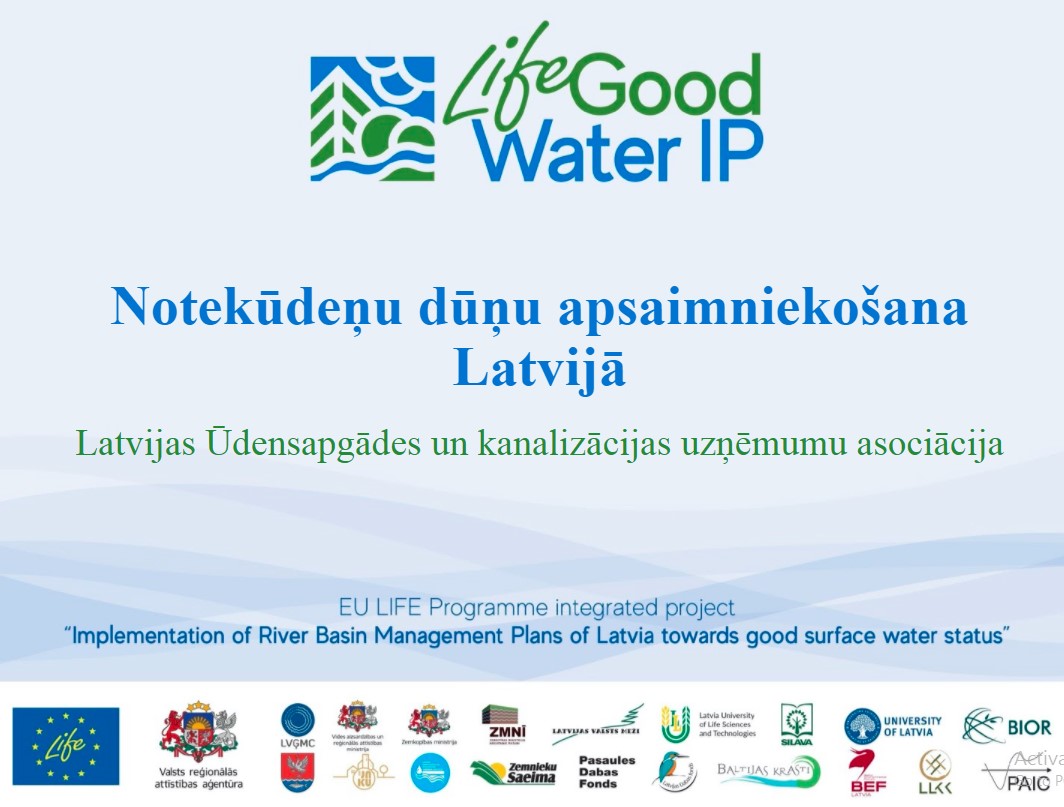
Figure 5 Circular Economy Diagram by Ellen mcArthur Foundation:
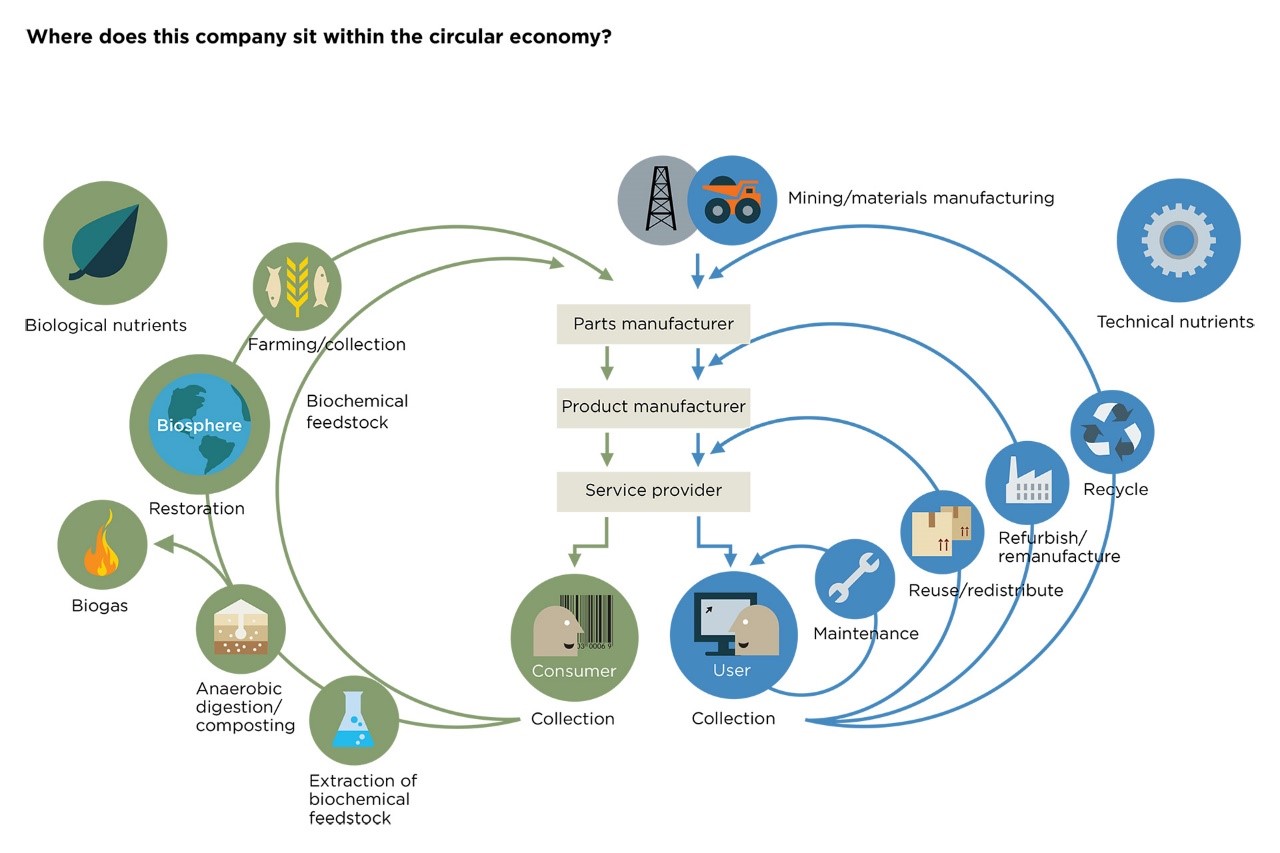
By the end of the event the groups came to a shared vision – In 2030, at least 80% of the amount of sewage sludge in Latvia could be recycled following the principles of the circular economy, using it for the needs of agriculture, forestry and urban landscaping and at the same time not posing a threat to the environment and human health.
The goal is realistic provided that the process of change is appropriately monitored and carried out in collaboration between scientists, industry, and policymakers. The discussions were significant because it allowed to map out the self-assessment of each of the stakeholders’ perceived impact and importance to the development of the solutions to the challenges. Furthermore, it was possible to identify many important milestones to be achieved in the timeframe until the year 2030 that included, e.g. policy perspective, human resource development, building the critical mass of the sector, widening the international collaboration.
To conclude, projects like “iWatermap” can help to accelerate the development of specific sectors. In this case, the water technology sector. The support that the project funding gives, helps to empower the agents that drive the changes. The challenge, however, remains, how to ensure the development and the support sustainably.
Presentations from the workhsop “Technologies for Covid-19 Risk Reduction in Healthcare and High Risk (National Research Program “Covid-19 Mitigation”)”
On 16.10.2020. the team of the National Research Program “Covid-19 Mitigation” project “Integration of Safe Technologies for Protection against Covid-19 in Healthcare and High-Risk Areas” held a seminar in Riga, Āzenes 12, on current issues related to SARS-CoV-2 and its prevalence. The main topics were related to epidemiology, vaccine development, disinfectants, self-protective equipment.
More information about the workshop and all presentations You can see here.
Workshop “Technologies for Covid-19 Risk Reduction in Healthcare and High Risk (National Research Program “Covid-19 Mitigation”) ”
The team of the National Research Program “Covid-19 Mitigation” project “Integration of Safe Technologies for Protection against Covid-19 in Healthcare and High-Risk Areas” invites you to participate in a seminar on current issues related to SARS-CoV-2 and its prevalence, where information is planned only about the topicalities of the project, but topical issues in epidemiology and vaccine development.
The seminar will take place on October 16 this year from 9:00 to 14:00 (see the program here) in Riga, Āzenes 12 k.1-116.
On-site participation in the seminar will be possible only for a limited number of people, so the seminar will also take place on the Online ZOOM platform. All users registered for remote participation will receive information and instructions on the possibility to join the seminar the day before the seminar.
To participate in the seminar (just online) it is necessary to register (until October 12) here.
It will also be possible to receive certificates of membership!
Biosystems Engineering conference in Tartu
From 2019 May 8-10 Kristina Tihomirova, Linda Mežule, Viktorija Deņisova, and Ksenija Golovko participated in the Biosystems Engineering conference organized by Estonian University of Life Sciences. The goal of BSE 2019 was to stimulate collaboration in various fields of biosystems engineering, to foster an environment conducive to exchanging ideas and information. This conference provides a great environment to develop new collaborations and meet experts on the fundamentals, applications, and products of the mentioned fields. Conference participants had the opportunity to get acquainted with our latest research developed under:
1) the INTERREG the Baltic Sea region international cooperation programme BEST (Better Efficiency for Industrial Sewage Treatment, #R054) during the cooperation with landfill management company the Llc ZAOO and Landfill Daibe “Management of wastewater from landfill of inorganic fiberglass” from K. Tihomirova, V. Denisova, K. Golovko, O. Kirilina–Gutmane, L. Mezule, T. Juhna.
2) INNO-INDIGO IPP3 project B-LIQ “Development of an Integrated Process for Conversion of Biomass to Affordable Liquid Biofuel” B-LIQ from L. Mezule, I. Berzina and M. Strods – “The impact of substrate-enzyme proportion for efficient hydrolysis of hay”
Our team had an opportunity to visit the wastewater treatment plant and cooling station in Tartu.
More information about the conference here.
Participation at Healt Inspectorate Seminar
On October 5, Jānis Rubulis, Leading Researcher of the Water Research Laboratory, participated in a seminar organized by the Health Inspectorate “Topical Issues of Drinking Water Monitoring and Control”, in which the different sections of the Inspection shared with the news.
During the seminar, Jānis Rubulis guide the inspection staff to a wider discussion on the interruption of centralized drinking water supply in Jelgava district in Platone this summer, as well as the restoration of drinking water after the break and the inactivity of the involved state institutions in resolving the issue. The participants in this incident seminar looked at the context of the Water Safety Plans.
Leading researcher Janis Rubulis delivered a presentation on water safety plans and risk analysis at the Health Inspectorate on October 21, when the audience was public health doctors from the Latvian Association of Prophylactic Medicine.
Biotechnology between the NSFC and EC
From 26th to 27th of October the head of Water Research Laboratory Talis Juhna participated in «Workshop on the environmental biotechnology between the NSFC and EC».
RTU 58th international scientific conference
On behalf of RTU 58th international scientific conference on 16th October Water Research laboratory organized a seminar on Bioenergy Technologies. Within the event, reports about the latest achievements and research results in the fields of biogas and biofuel production, composting and algae biofuels were presented. Other topics discussed within the seminar included various environmental aspects and white biotechnology. The event was supported by Latvian National Research Programme No. 2014.10-4/VPP-1/27 Energy efficient and low-carbon solutions for a secure, sustainable and climate variability reducing energy supply (LATENERGI).
LIFE GRASSSERVICE project
From 10th to 12th of October Water Research Laboratory scientists Linda Mezule and Martins Strods participated in various informative and demonstration events for schoolchildren, students and local inhabitants of Sigulda municipality to inform about the availability of grassland resources and their application. On behalf of Water Research laboratory the demonstration of biobutanol production technology was performed.
More information can be found on LIFE GRASSSERVICE project web page:
http://grassservice.balticgrasslands.eu/en/
The next informative event and demonstration will be on 03.11.2017. for the entrepreneurs of Sigulda municipality.
2017 China Europe Water Platform (CEWP) Annual High Level Dialogue Conference
On 21th of September the head of Water Research Laboratory Talis Juhna spoke at the «2017 China Europe Water Platform (CEWP) Annual High Level Dialogue Conference» on opportunities for cooperation between the European Union and China.
More Information:
https://www.2017cewp.org/home/
